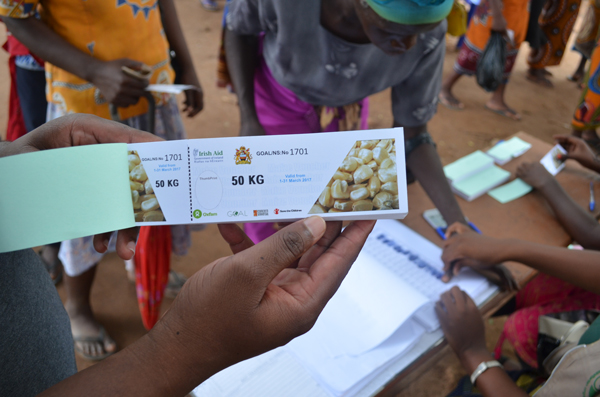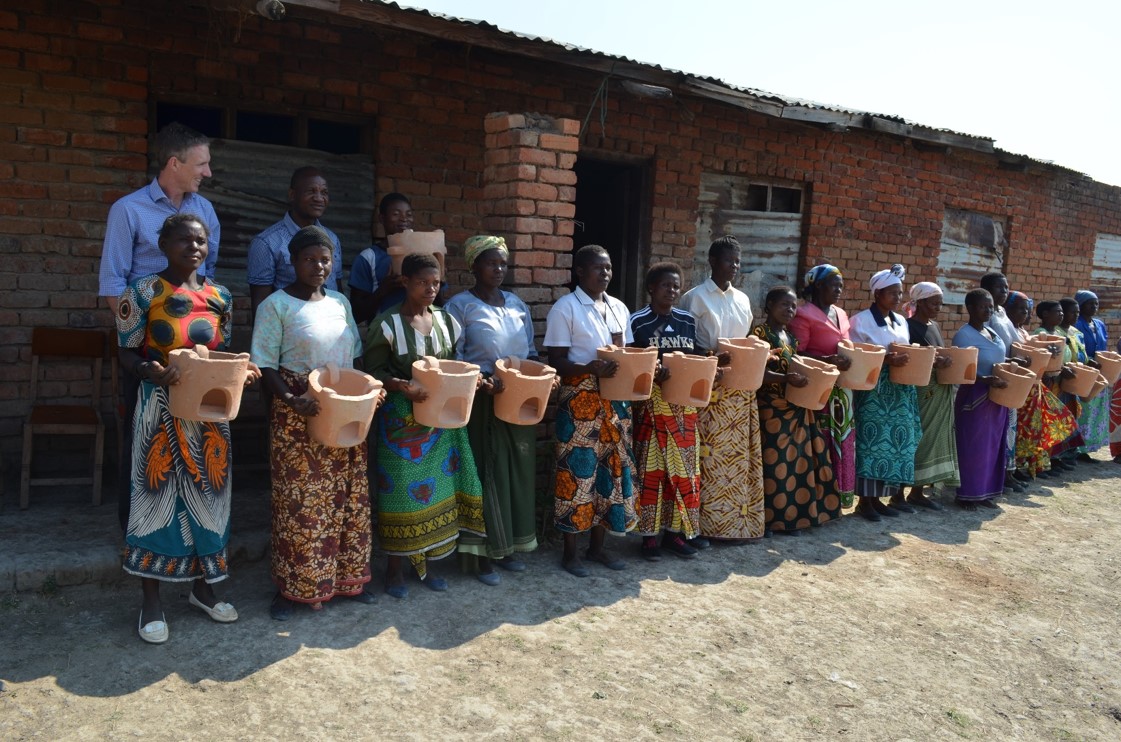Development Cooperation
The Irish Aid programme in Malawi was established in 2007. The current programme is guided by our 2016-2020 Country Strategy Paper.
The development cooperation programme is designed to be in line with Malawi’s growth and development strategy, and aims to increase the resilience of poor households to economic, social and environmental shocks. With just three EU Members States having embassies in Malawi, Ireland also plays a central role in shaping EU development policy for Malawi. Ireland also cooperates actively and closely with other key multilateral actors including the UN, World Bank and IMF.
The Irish Aid programme in Malawi is focused on three main areas; agriculture and nutrition, resilience and governance.
Agriculture and nutrition
Irish Aid is supporting rural households to benefit from improved crop productivity and diversification. Given the serious effects of climate change on agriculture productivity, Irish Aid also support smallholder famers to develop their capacity to adapt to the effects of climate change.

Resilience
Ireland works with the Malawian government and other partners to improve nutrition and social supports. Our support is specifically targeted at the poorest households and building their capacity to cope with economic, social and environmental shocks.

Governance
Our governance pillar focuses on strengthening systems for improved governance and democratisation, by supporting decentralisation and decentralised service delivery.
In addition, throughout all Irish Aid programmes there is a strong aspect of working in close cooperation with other donors, under Government leadership – thereby enhancing aid effectiveness, alignment and harmonisation. As our work is well aligned to the Malawi Growth and Development Strategy (MGDS), our programmes of support contribute to the Government’s vision of a greater productive sector in Malawi. Human rights, gender, HIV and AIDS, environment and good governance are key considerations across all programmes.

